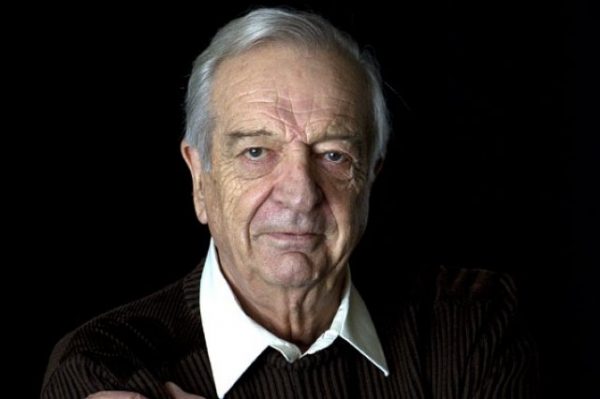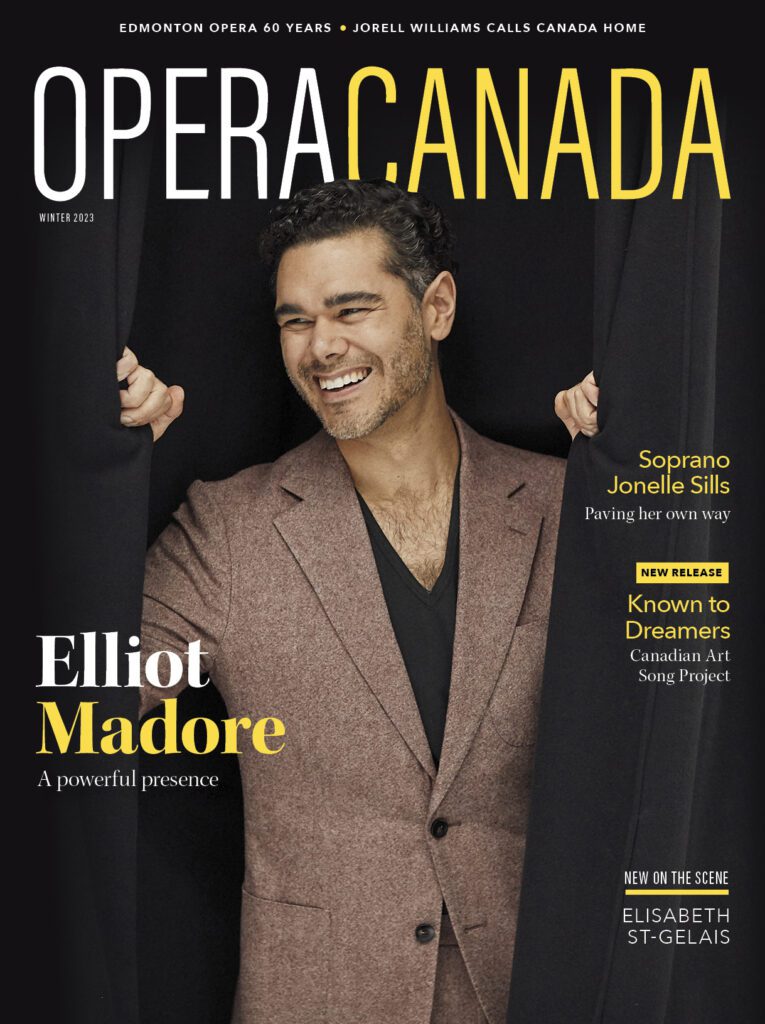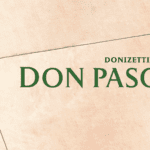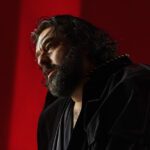On Friday it was announced that Joseph Rouleau passed away in Montréal. He was 90.
The bass, born in Matane, Québec in 1929, enjoyed a long career singing star roles in an array of houses, including, notably, Royal Opera House, Covent Garden, where he made his house debut, as Colline in La Bohème in April 1957. Rouleau would go on to perform with the ROH for the next three decades, appearing in 48 principal roles with the company.
Rouleau studied voice as a teenager before entering the Conservatoire de musique du Québec à Montréal, then going on to further vocal study in Milan in 1952. Three years later, Rouleau won a series of engagements with New Orleans Opera, and shortly thereafter, auditioned for the visiting director of the Royal Opera House. Before making his ROH debut in London, he toured with the company to Cardiff, Manchester, and Southampton. His first ROH season was a rich one: in addition to Bohème, he appeared as Sarastro in Mozart’s Die Zauberflöte, the Ghost of Hector in Berlioz’s Les Troyens, Ferrando in Verdi’s Il trovatore (opposite Zinka Milanov as Leonora), and Sparafucile in Verdi’s Rigoletto with Joan Sutherland (who would become a regular collaborator) as Gilda and Canadian tenor Richard Verreau as the Duke of Mantua. He returned to Canada in 1956, and made his Opera Guild of Montréal debut as Philip II in Don Carlos, which became one of his signature roles.
In 1960 Rouleau made his Opéra de Paris debut, performing opposite Sutherland in Donizetti’s Lucia di Lammermoor. In the mid-1960s they toured Australia, and, with Marilyn Horne, went on to record Rossini’s Semiramide with the London Symphony Orchestra, led by conductor Richard Bonynge.
The 1960s also saw Rouleau work with the Canadian Opera Company, where he performed Ramfis in Verdi’s Aida, Basilio in Rossini’s Il barbiere di Siviglia, and premiered the role of Bishop Taché in Harry Somers’s Louis Riel.
In 1976, he performed and recorded the role of Philippe II in the complete French version of Verdi’s Don Carlos for the BBC. He would make his Metropolitan Opera debut in the Italian version of the same opera in 1984, as the Grand Inquisitor, alongside Jerome Hines, Shirley Verrett, Montserrat Caballé, and Renato Bruson.
In addition to working with a number of acclaimed directors (including Franco Zeffirelli, Luchino Visconti, and Patrice Chéreau), Rouleau made three tours of the Soviet Union, where he performed the title role in Mussorgsky’s Boris Godunov, donning the same outfit as another famous performer of the role, Feodor Chaliapin, for the occasion. CBC/Radio-Canada broadcast Rouleau’s concert performance of Boris Godunov (from Église Saint-Jean-Baptiste in Montréal) in 1988.
Rouleau’s exploration of Russian repertoire was one of the many ways he expanded his varied repertoire which also included Titurel in Wagner’s Parsifal. Perhaps more expected for a Francophone, he excelled as Mephistopheles in Gounod’s Faust, and the title role in Massenet’s Don Quichotte. He returned to the Met in 1986 in Aida, alongside Luciano Pavarotti and Canadian baritone Louis Quilico.
https://www.instagram.com/p/Bz6eTd1B2S_/?fbclid=IwAR19PboiTXdpyWsXieUvE_FrgtXalz5qkx4Mm4L9jUBcasrrIJpuiRwpMxU
Rouleau always kept a strong connection with his native Canada. In 1980 he became a professor of voice at the Université du Québec à Montréal and in 1989, head of the non-profit group Jeunesses Musicales Canada, a position he would retain for over two decades. During that time, Rouleau and fellow classical music lover André Bourbeau co-founded the Concours musical international de Montréal, which has become one of the major international competitions for young classical talent.
During his life, Rouleau was the recipient of numerous awards. In 1977, he was made an Officer of the Order of Canada, and in 2010, was promoted to Companion of the Order of Canada; in 2004, he received the Governor General’s Award for the Performing Arts. He was awarded honourary doctorates from both McGill University and the Université du Québec à Rimouski, and was a central figure in the creation of both L’Opéra de Montréal and the Orchestre Métropolitain.










